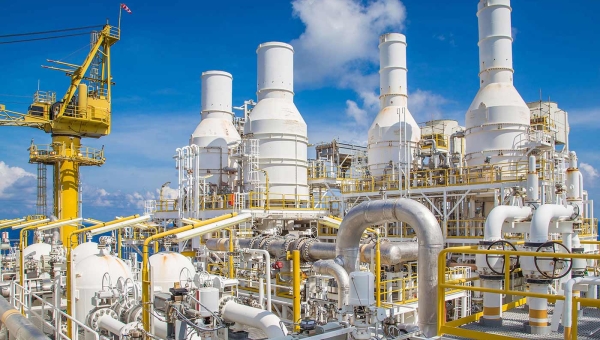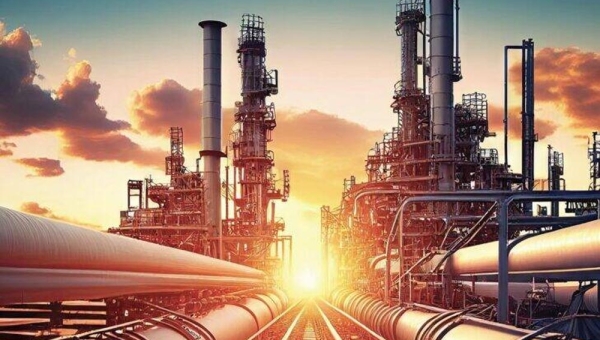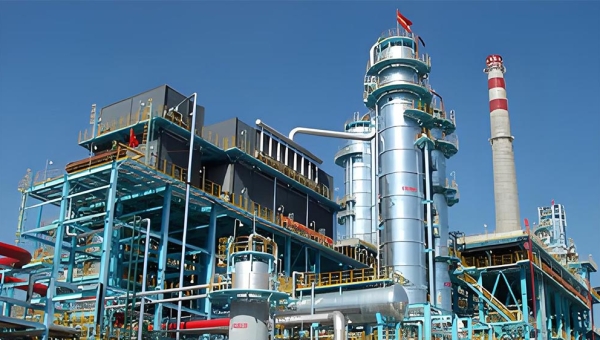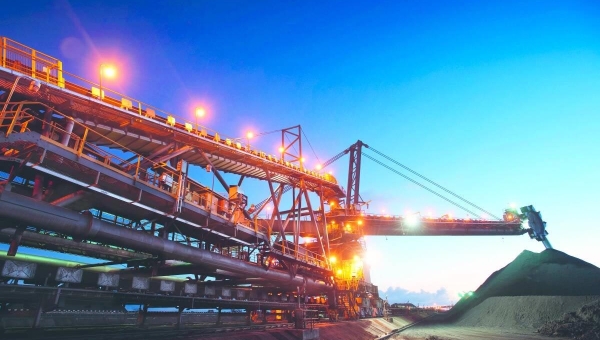Solution
CNZPV —— Your Chemical Control Valve Solution Expert

Chemical Industry
The chemical industry needs corrosion resistant control valves because of the harsh chemicals that are constantly present in the industry:
Safety: Corrosion can cause costly leaks,downtime and safety risks.
Reliability: Corrosion can damage equipment and cause accidents or disasters.
Longevity: Corrosion can threaten the lifespan of valves.
Valves in the chemical industry are made from advanced materials that are resistant to corrosion,Such as stainless steel,nickel alloys and special coatings as fluorine plastics.
Valves in the chemical industry must meet strict regulations and standards for pressure resistance,leak-tightness and durability.

Pharmaceutical Industry
The pharmaceutical industry needs corrosion-resistant valves to meet strict hygiene standards, maintain product quality, and prevent contamination:
Corrosion: The use of corrosive chemicals and cleaning agents in pharmaceutical environments can damage valves, leading to leaks and contamination.
Hygiene: Valves must be easy to clean and sterilize between production runs.
Regulatory standards: Pharmaceutical manufacturers must meet high regulatory standards for sanitary applications.
Fluorine Plastics: Designed to FDA and USP Class VI standards and can be damped up to 180°C.

Oil & Gas Industry
The oil and gas industry needs corrosion-resistant valves to maintain the safety and efficiency of operations in the face of corrosive environments, extreme temperatures, and high pressures:
Corrosion: The fluids processed in the oil and gas industry can be corrosive, which can gradually deteriorate the material of valves.
Erosion: The constant flow of abrasive materials can cause erosion, which can jeopardize valve integrity and lead to leaks and malfunctions.
Safety: Valve malfunctions can lead to gas leaks, fires, explosions, and environmental disasters.
Equipment integrity: Valves must be able to withstand the harsh conditions of oil and gas facilities, which can range from offshore platforms to icy Arctic regions.

New Energy Industry
Valves are critical in power plants.
Valves are used in many applications in power plants, including controlling fluid flow, maintaining safety standards, and preventing accidents.
Valves are more susceptible to corrosion than pipes.
Even minor corrosion can make a valve unfit for use, especially in critical applications where fluid leakage can cause harm.
Corrosion can lead to equipment damage.
Corrosion can cause damaged equipment, reduced operational efficiency, and unplanned downtime.
Plastic Lining valves,such as PFA and FEP,are highly resistant to corrosion.

Polymer Industry
The polymer industry needs corrosion-resistant valves to ensure safe and efficient operations in demanding industrial environments. Corrosion can damage equipment, reduce operational efficiency, and lead to unplanned downtime.A fluorinated material(like:PTFE/PFA) that resists aggressive chemicals.To create safe and efficient processes, the use of corrosion-proof valves is essential.

Metallurgical/Mining Industry
The metallurgical and mining industries use corrosion-resistant valves to extend the life of pipeline valves and equipment in environments that are corrosive and abrasive:
Corrosion: Corrosion is a common problem in mines, and can lead to material losses, safety risks, and operational interruptions.
Abrasive particles: The mining industry works in environments with abrasive particles.
Chemical aggressiveness: The mining industry works in environments with high chemical aggressiveness.
Large-diameter pipelines: Metallurgical production often requires valves on large-diameter pipelines.
Corrosion-resistant valves are used for venting, cooling, draining shafts, extracting metals, and recovering and treating water.They are designed to withstand corrosive solutions, strong abrasion, heavy vibration, and adverse conditions.
